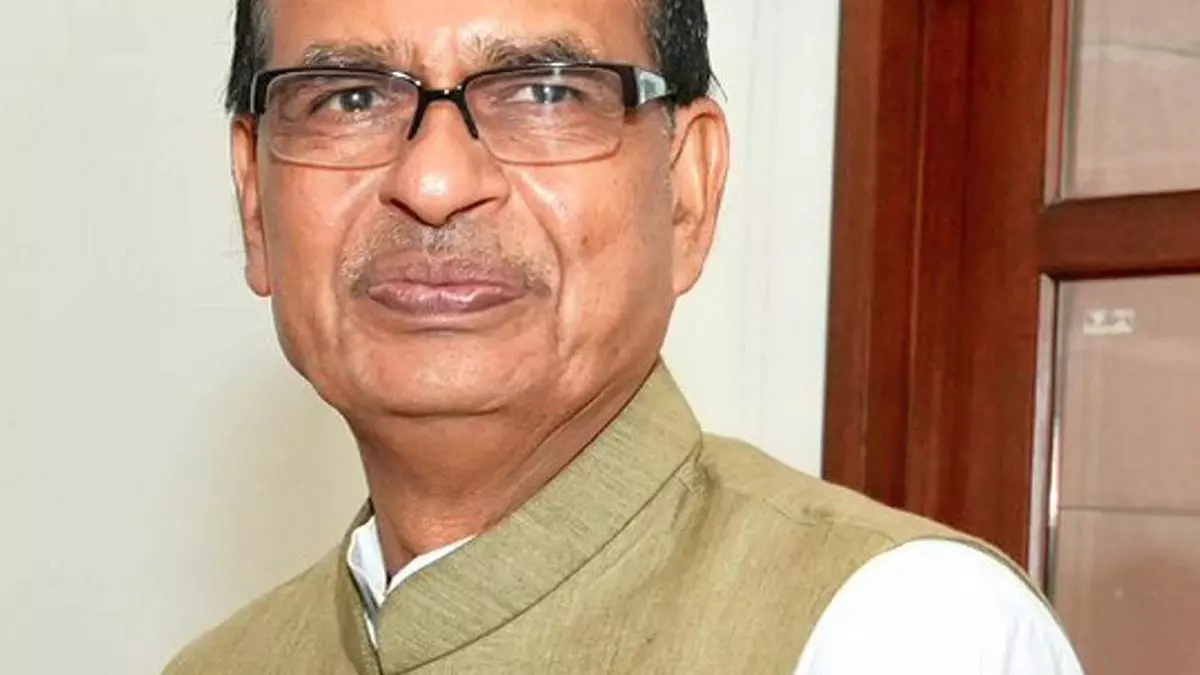MSP committee held six meetings in two years, Chouhan tells RS
The committee constituted by the Government on minimum support price (MSP) held six meetings in two years from July 2022.
Replying to a query on the legislation to provide legal guarantee to MSP in the Rajya Sabha on Friday, Shivraj Singh Chouhan, said the Government is committed and will ensure full benefits of MSP reach the farmers. Hence, a committee has been constituted by the Government to provide MSP to the farmers of the country and to give suggestions on making the system more effective and transparent.
Stating that the meetings of this committee are being organised regularly, he said six meetings have been held since July 22, 2022, till now. Additionally, 35 meetings of various sub-committees have also been held.
The Committee was asked to examine the feasibility of giving greater autonomy to the Commission for Agricultural Costs and Prices (CACP) and ways to make it more scientific; and with a view to ensuring higher prices, mandate has also been given to give suggestions for strengthening the agricultural marketing system as per the changing needs of the country. This committee is also working on the topics of natural farming and crop diversification, he said.
Agri start-ups
To a query on the agri start-ups in the country, Chouhan said 1,708 agri start-ups in various field of agriculture and allied sectors have been supported with financial assistance of ₹122.50 crore released in instalments to various knowledge partners (KPs) and RKVY Agribusiness Incubators (R-ABIs) from 2019-20 to 2023-24 for funding these start-ups under the ‘Innovation and Agri-Entrepreneurship Development’ programme under Rashtriya Krishi Vikas Yojana (RKVY).
Of this, the maximum number of start-ups were located in Maharashtra (288), followed by Karnataka (211). In Tamil Nadu, 137 start-ups were supported under this programme.
So far, five KPs and 24 R-ABIs have been set up for training and incubation of agri start-ups and implementation of this programme.
Under the programme, financial support up to ₹5 lakh is provided at the idea/pre-seed stage and up to ₹25 lakh at the seed stage to entrepreneurs/ start-ups in the field of agriculture and allied sectors to launch their products, services, business platforms, etc into the market and facilitate them to scale up their products and operations.
Mechanisation
To another query on agricultural mechanisation in the country, Chouhan said the adoption of mechanisation by the farmers of various States depends on varying factors such as socio-economic conditions, geographical conditions, crops grown, irrigation facilities etc.
Stating that Indian Council of Agricultural Research (ICAR) has conducted a systematic study on agricultural mechanisation level, he said the operation-wise average mechanisation levels across crops are 70 per cent for seed-bed preparation, 40 per cent for sowing / planting / transplanting, 32 per cent for weeding and inter-culture, and 34 per cent for harvesting and threshing, resulting in an overall average mechanisation level of 47 per cent.
Precision agri
To a separate question on the use of precision agriculture, he aid the precision agriculture aims at site-specific management using Global Positioning System, sensors and drones to gather data on soil properties, moisture levels and crop health at a very localised level.
This information allows farmers to apply inputs such as fertilizers, pesticides and water precisely, thereby optimising resource use and reducing waste. Apart from that the crop health monitoring can be done through remote sensing technologies and drones equipped with multispectral cameras to detect early signs of stress or disease, thereby enabling timely management interventions, which increases crop productivity while minimising environmental impact, contributing to long-term agricultural sustainability, he said.
Carbon trading
Answering a question on carbon trading mechanism in agriculture sector, the Minister said the Government notified the carbon credit trading scheme in December 2023 for implementation of carbon trading mechanism. Under the offset mechanism of carbon trading, one of the selected sectors is the agriculture sector. Through this scheme, entities/farmers would be able to register GHG mitigation projects for issuance of carbon credit certificates that meet the required parameters as per approved methodologies.
He said his ministry has developed a framework for promoting Voluntary Carbon Market in India for the agricultural sector to encourage small and marginal farmers to get carbon credit benefits. Introducing carbon markets to farmers can accelerate the acceptance of eco-friendly agriculture practices while enhancing their income. Farmers can adopt sustainable agriculture practices and get additional income from carbon credits as well as other agro-ecological benefits in terms of improved natural capital such as soil, water, bio-diversity etc., he said.
PMFBY
To a separate question on Pradhan Mantri Fasal Bima Yojana (PMFBY), Chouhan said the PMFBY is successfully fulfilling the objectives and targets of the scheme, especially in natural calamity hit seasons/years/areas. Due to various initiatives taken under the scheme, the Gross Cropped Area covered in 2023-24 was 598 lakh hectares (lh) as compared to 501 lh in 2022-23, with a growth of over 19 per cent.
The number of farmers enrolled was 3.97 crore in 2023-24 compared to 3.17 crore in 2022-23 with a growth of over 25 per cent. He said the coverage of area and farmers is at its highest level till date.
